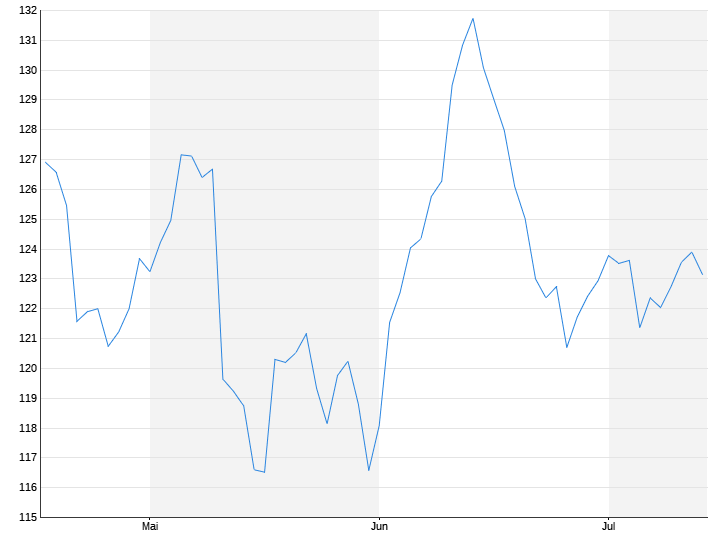Crisis despite more sales
E-cars and China are causing problems for VW
07/14/2023 2:42 p.m
It should have been a good first half of the year for VW. The group was able to deliver significantly more cars. But the demand for electric cars is falling. And the Chinese no longer seem convinced of the brand.
The VW Group was able to significantly improve its sales in the first half of the year. According to the company, 4.372 million vehicles from all group brands were delivered worldwide, 12.8 percent more than in the weak prior-year period. The main reason is the better supply of parts than a year ago, when delivery bottlenecks hit production.
Compared to the previous month, however, growth weakened noticeably. In May, sales had risen by 16 percent, in June it was only 5.7 percent plus. Due to the supply bottlenecks, Volkswagen started the year with a significant backlog of orders, which, according to earlier information, is now being worked off. The delivery times have already been significantly reduced as a result.
Concerns have recently been raised about new business, especially for electric cars, which recently accounted for 7.4 percent of deliveries. “We see that electromobility is unfortunately not accepted in the way we all – including politicians – imagined,” said Daniela Cavallo, head of the works council, to the “Braunschweiger Zeitung”. The reason is the high acquisition costs, falling subsidies and also the high electricity prices.
China business collapses
In the meantime, however, the situation is improving again, said Audi Board Member Hildegard Wortmann, who also heads Group Sales, according to the announcement: “Since May we have seen an improved trend in incoming orders again, after at the beginning of the year due to reduced subsidy programs, sometimes long waiting times and high inflation, a certain reluctance was felt among our customers.” In view of the recently significantly reduced delivery times, they assume that this trend will continue.
The group was able to deliver more cars by the end of June, especially in Western Europe. 1.64 million vehicles were sold here, almost 27 percent more than a year earlier. On the other hand, sales in the most important market in China turned negative again in June. After the weak start to the year, VW had recently increased significantly there again. In June it went down by 14.5 percent. VW justified this with the abolition of tax breaks in the country a year ago, which at the time had driven sales up in the month of June.
Overall, the Wolfsburg core brand also performed significantly weaker than the group sisters: In June, deliveries of the brand worldwide were 2.4 percent below the previous year’s level, in the first half of the year they were still 7.2 percent up. Seat/Cupra (plus 28.1 percent), Skoda (plus 19.9 percent) and Audi (plus 15.5 percent) were able to increase significantly more.
In the three-way battle of the premium manufacturers with BMW and Mercedes-Benz, the Ingolstadt company was able to make up ground. The BMW brand grew by just 4.7 percent in the first half of the year, and Mercedes-Benz by 6 percent. With more than a million deliveries each, both were clearly ahead of the Ingolstadt company. Audi came to 907,000.
